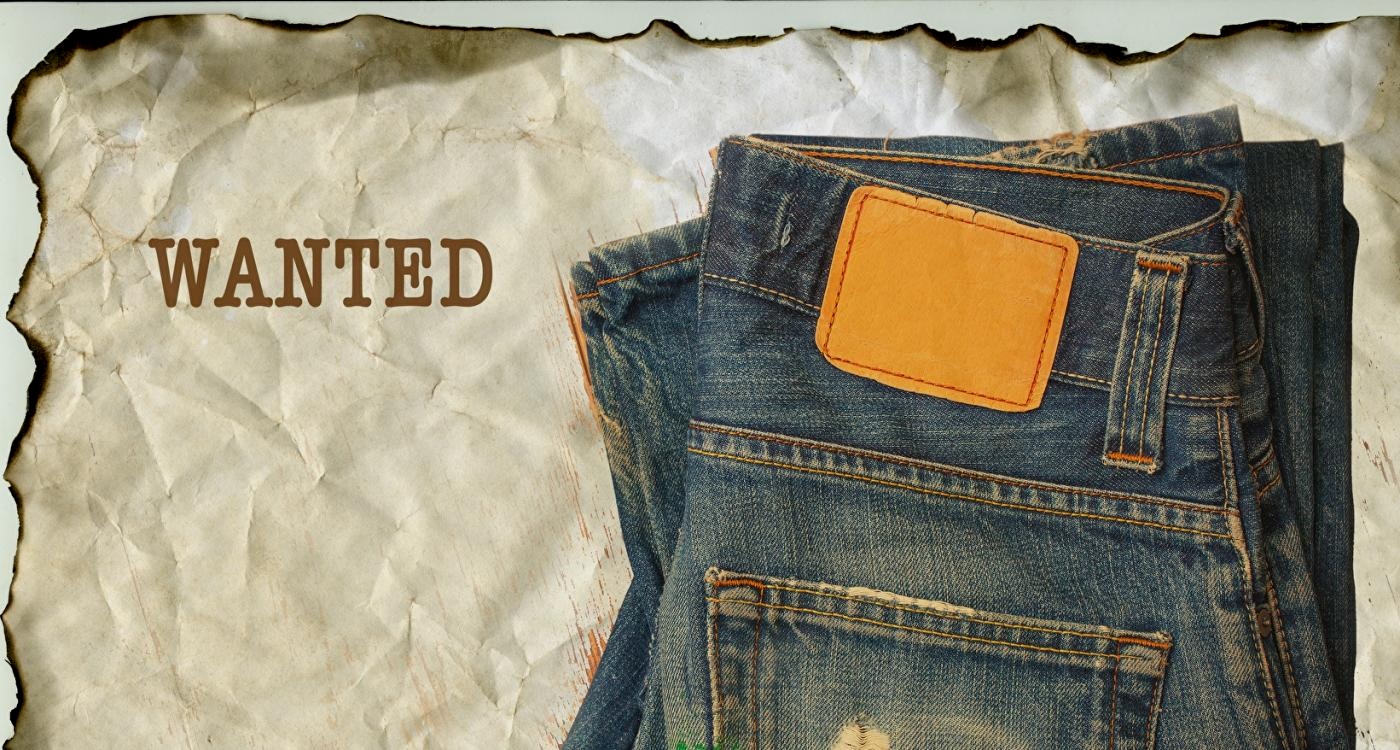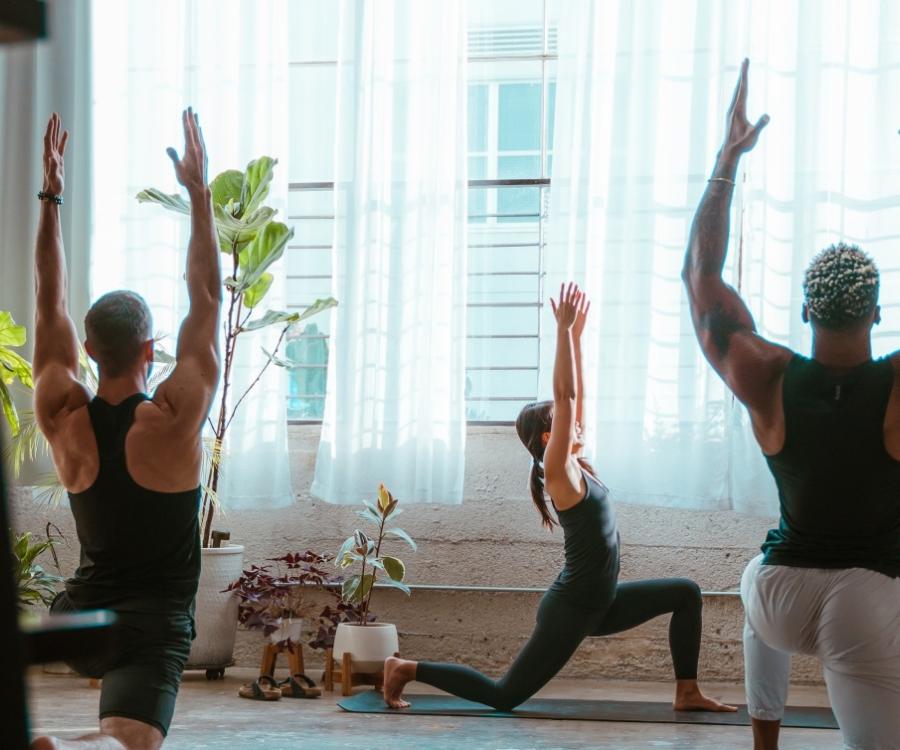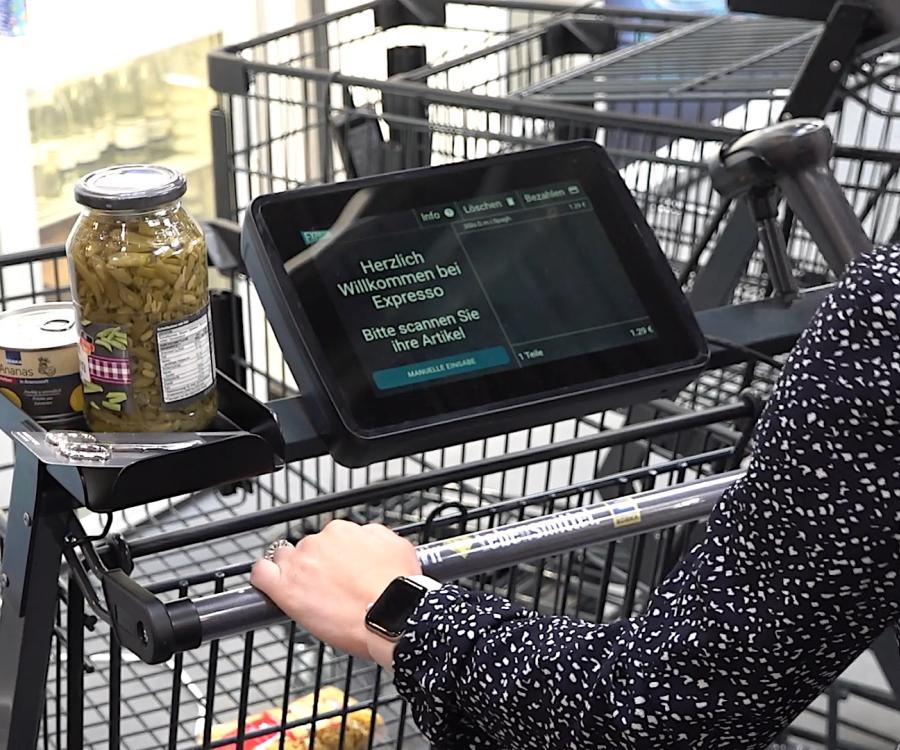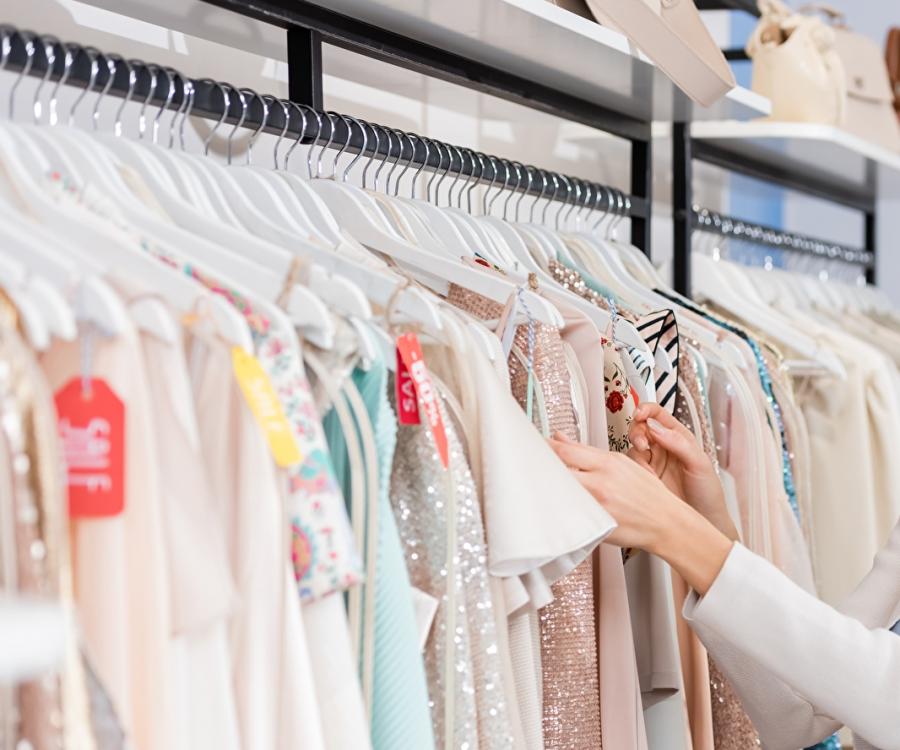In early 2020, the BLVD startup will pilot an app of the same name into the market. The app aims to create a pleasant shopping experience in city centers by avoiding unnecessary routes and tedious searches. During the EHI Technology Days 2019, iXtenso sat down for a quick interview with BLVRD founder and CEO Ari Berzenjie.
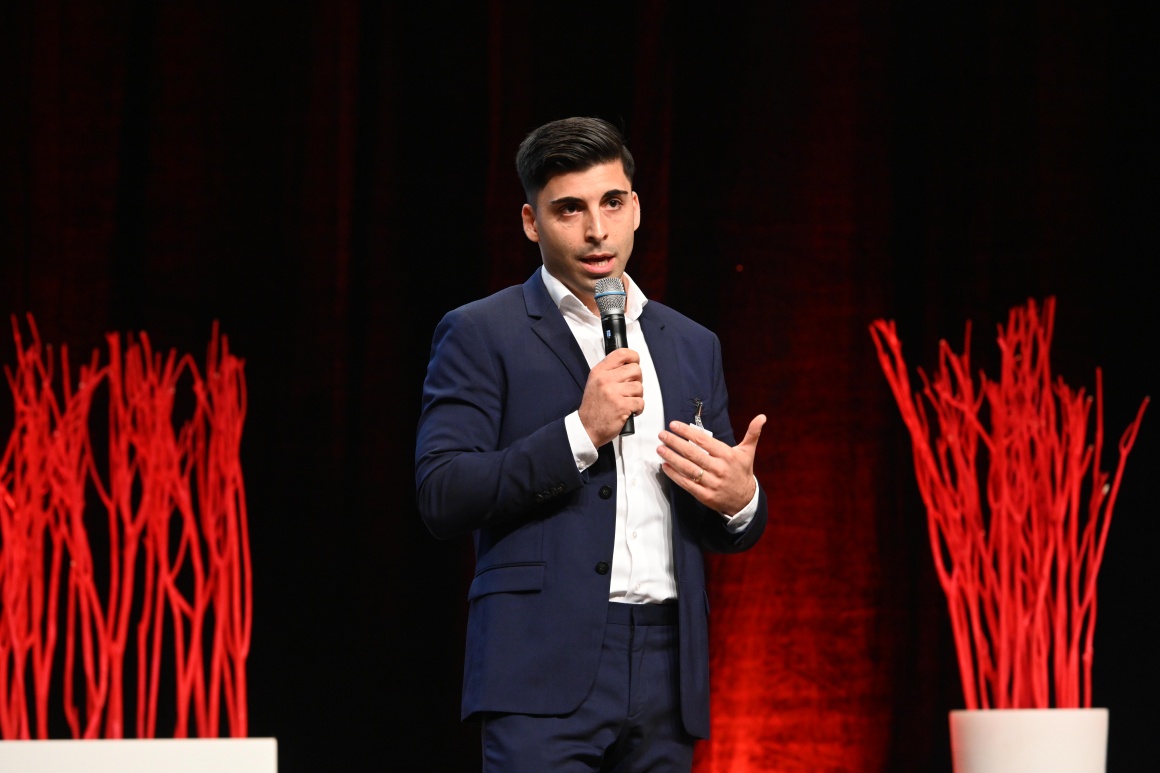
Mr. Berzenjie, BLVRD is in the process of developing an app. What is the purpose of this app?
Ari Berzenjie: BLVRD aims to be the fashion search engine for the city center. We target all people who want to shop in cities, but don’t want to spend a lot of time searching for items in stores. We use the search behavior of the digital generation as a foundation. If digital natives look for a special top of a certain brand, they don’t want to go to different stores to track down the item. Over the last 20 years, we have become accustomed to search by product. This is exactly the type of service BLVRD is designed to deliver.
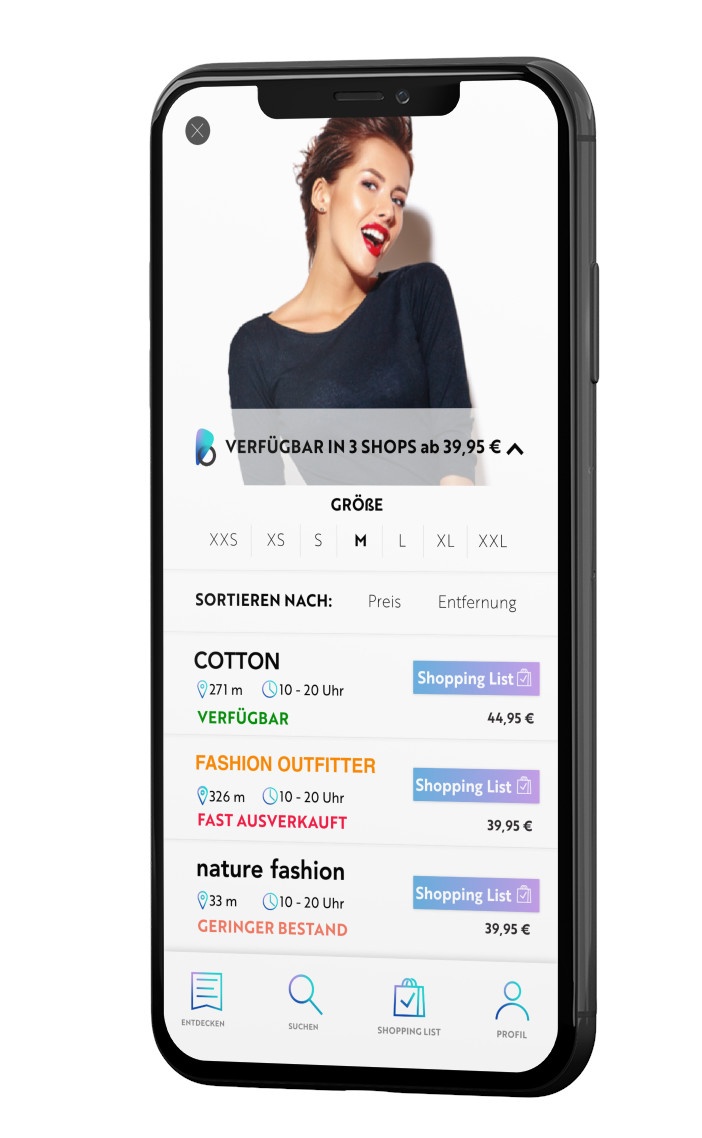
How does the app work?
We use a user interface that’s inspired by those you see with online stores, allowing you to search for tops, shirts or blouses for example. You get product search results and find out which local retailer has the respective items in stock in your size. The advantage for the consumer is that he or she doesn’t need to stress about deliveries and returns or having to be home when a package arrives. What’s more, shopping with our app is sustainable and saves resources. I always like to compare city centers to large warehouses, and they are right outside your door. Yet the best warehouse doesn’t work without a plan. That’s exactly what we want to be: the plan for the warehouse.
Our app finally gives retailers the chance to expand their reach and connect with the digital generation. In terms of sales and marketing, retailers have had a lack of visibility into this generation’s behavior for quite some time now. The set-up of distribution channels in this generation is fundamentally different.
Does your app specifically target this generation or who is your target audience?
BLVRD actually targets anyone over the age of 15, ranging from digital natives to silver surfers. Our surveys have shown that people between 50 and 60 consider the stress relief our app promises to be just as relevant as younger generations do.
There is another crucial factor when it comes to older generations. A large percentage still believes that “you must go to stores in town to shop”. However, they have also had some bad experiences along the way with crowded city centers and bad parking situations. Meanwhile, people in their late 50s are quite tech-savvy and know how to use a smartphone. We've found them to be the perfect mix.
To put it in a nutshell, we target anyone who wants to shop sustainably in less time.
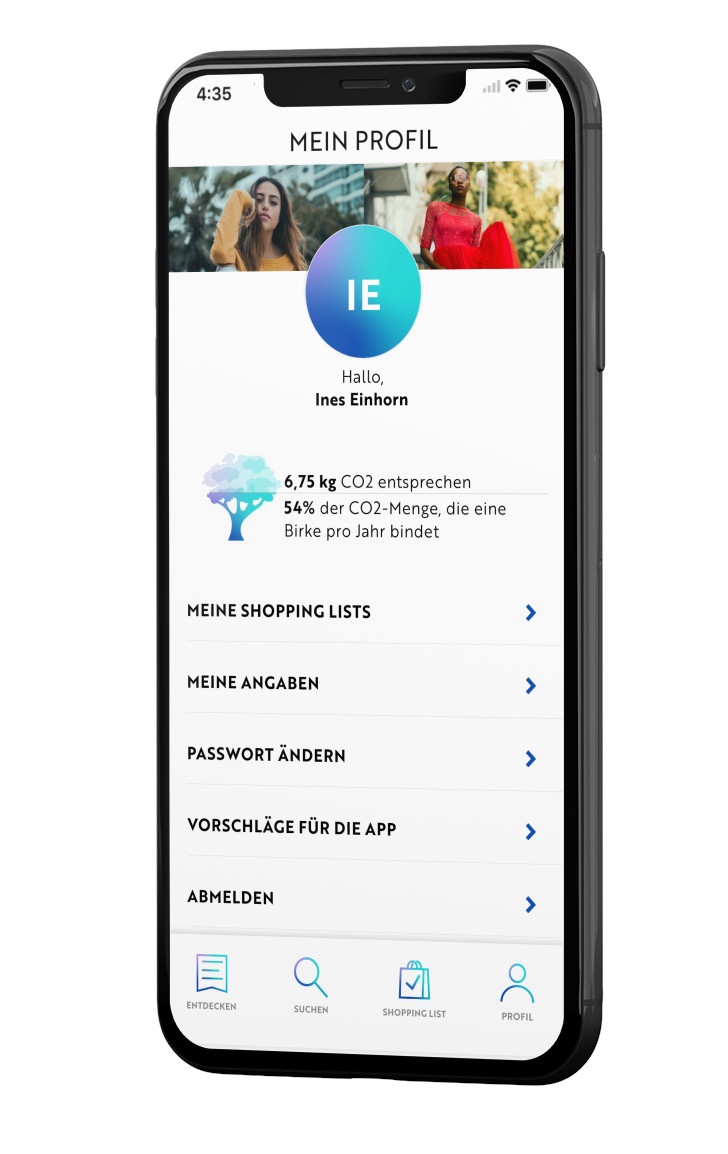
Let’s focus on the retailers for a moment. How can they collaborate with you and how important is this collaboration for them?
Needless to say, the success of our project hinges on the retailers. We need to achieve a critical mass of retailers, because without them, we can’t bring our app to market no matter how strong consumer acceptance may be.
To prompt retailers to get on board, we tried to minimize the efforts they need to make. Retailers can directly approach us and only need CSV or XML files from inventory and maybe product image URLs. It doesn’t take more than that.
Is there any cost to retailers if they collaborate with BLVRD?
Our goal is to create a proof of concept. We will launch a pilot in Hannover in early 2020, where we use a closed group of 1,000 pilot test users (consumers) to prove that it is possible to apply the idea in a practical setting. Of course, the retailers’ willingness to participate is crucial for us during this phase. That's also why our service is free of charge during the six-month test stage. We will most likely follow up with a second pilot phase in Hamburg. That being said, we are planning an official launch in five major German cities by the end of 2020.
What difficulties have you encountered thus far?
For startups, it’s really hard to approach the retail sector and find someone that’s open-minded about your idea. You approach retailers with a useful solution, saying “We have something that can really help you" and they just say, “No thanks. We are too busy.” That always reminds me of the story of two men working hard to push a cart with square wheels. Then somebody approaches them with round wheels and wants to offer them to the two men and their response is, "Sorry, we don’t have time. Can’t you see we are busy?”
As a startup, we take a big risk by offering our service for free during the pilot phase. But we want to make this as easy and convenient for retailers as possible.

